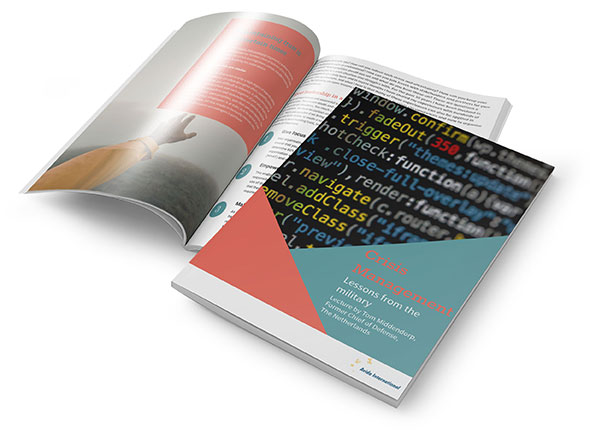The last few weeks of British politicians experimenting with economic theory have taught UK pension funds and LDI managers the importance of holding sufficient liquidity to deal with unexpected collateral calls in case of sudden sharp market moves. Whether these are hedged currency positions or – more pertinently for LDI funds – hedged interest rate positions. A good investor avoids becoming a forced seller.
Most pension fund boards know all too well that dealing with long-term pension liabilities and hence being a long-term investor means keeping sufficient resources in reserve in case of any trouble or opportunity. Whether this is having some funds in reserve to invest in assets that have lost considerable value, or having some human resource in reserve in case of sudden increased workload (e.g. dealing with a buy-in, TCFD reporting, GMP equalisation to name but a few). Pension fund boards know that success comes from being able to invest for the long term and dealing with short-term volatility by keeping calm and carrying on through the storm.
Most pension funds also know that they typically do not have sufficient expertise in-house to deal with the complexities of investing, administering, trading, reporting and managing risk. So, they outsource some or all of these functions to external firms such as in an OCIO arrangement.
This begs the important question: do these external firms possess similar wisdom? Do they also hold sufficient resource to deal with crises and opportunities? How does the board ensure that their external partners are able to deal with crises timely and effectively? That they have the resources to deal with their client’s needs at all times, even if market conditions result in similar demands from their other clients at the same time? In other words, how can the board establish whether they are receiving value for money from their external partners?
A structured review of an external partner’s value to the pension fund (and hence its members) could include the following elements:
- Are we still paying the right price for our provider?
- Are the contracts still up to standard?
- Is there a more affordable option which provides a better service?
These types of questions must be thought about critically by the pension fund for its future success.
We at Avida can help facilitate this process through our concrete tools which evaluate these key questions and can help the pension fund decide for themselves whether their providers are actually helping them achieve their goals in action and not just in name.
Avida can help your organisation assess your service providers through our comprehensive analytics and questionnaires. Our unique external scoring methodology highlights red flags in your service provider and helps you make a judgement on whether your service provider is still fulfilling their contract and service agreement.
With these tools, boards can assess whether their external service providers are up to the challenge that markets – or politicians – throw at them.
For more information about what we can offer, please get in touch.
Food for thoughts: What does the recent situation mean for the future of LDI funds or pension fund end games?



